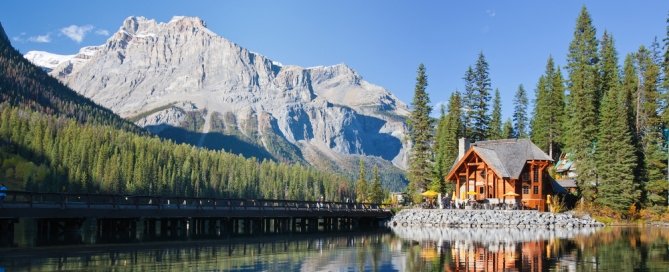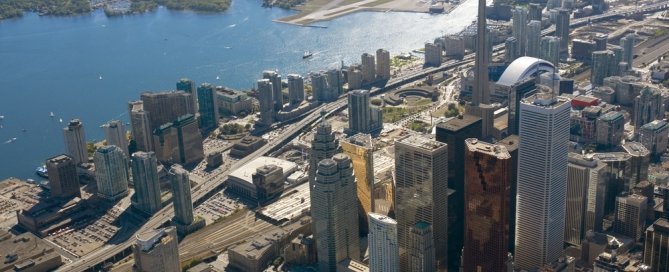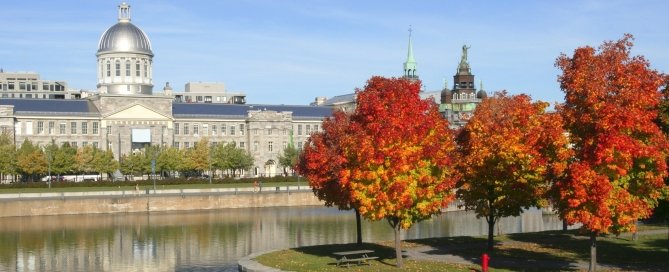Guide to Canada
Quick Facts
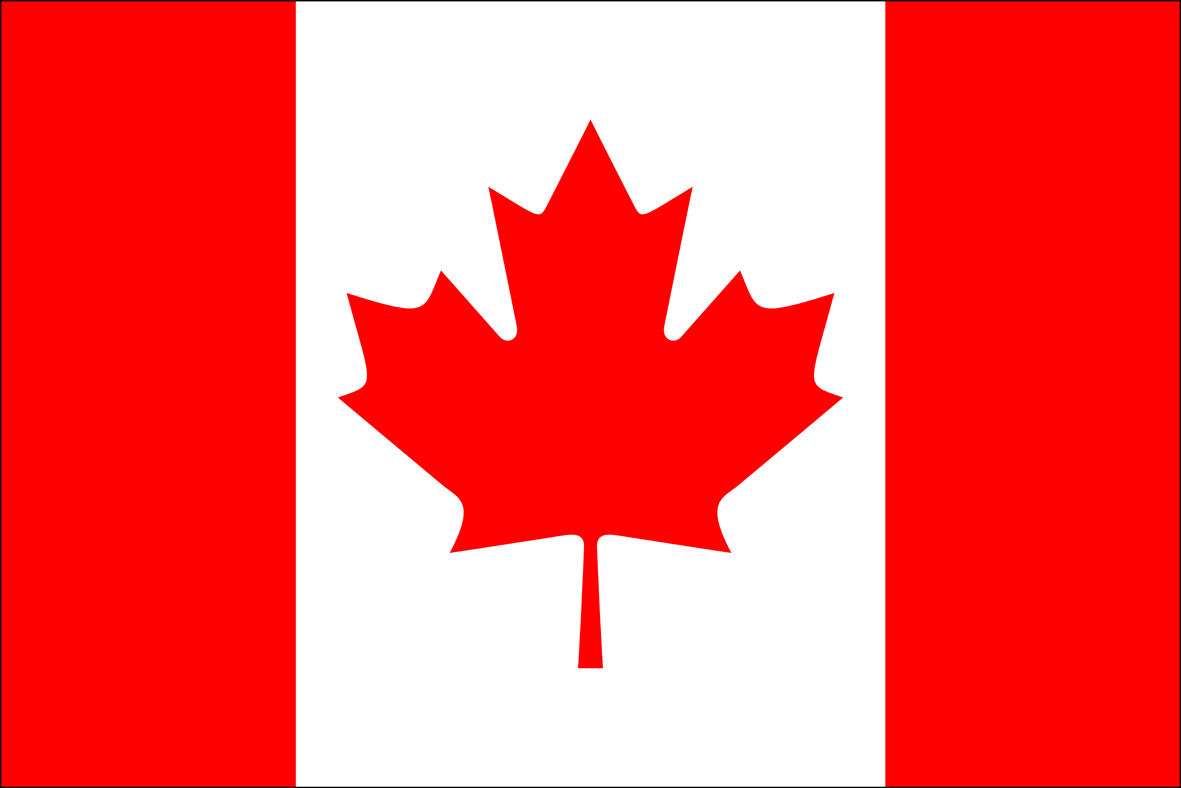
Population: 33 million
Major Languages:
English & French
Currency: Canadian dollar
Calling Code: 1
As with many countries, Canada has a divided history of fighting over her lands. However, more than other countries, Canada is very much shaped today by its history, with the country split in two. It was in 1791, that the British government divided the colony into present-day Ontario and present-day southern Quebec, which retained French civil laws and was dominated by a majority population of French-speakers.
The twentieth century brought a time of prosperity and achievement to Canada. Industrialization, gold discoveries and the new railroad attracted millions of immigrants, especially from the United States and Eastern Europe. The outbreak of the world wars, in which Canada automatically became involved, left the country resentful of British governance. These and other unpopular policies motivated the passage of the Statute of Westminster, through which the British Parliament recognized the independence of Canada and other Commonwealth nations. The 1950s economic boom brought further advances in education and the public sector. Most recently, oil, diamond and other natural resources brought even more economic prosperity, setting a solid stage for the 2010 Winter Olympics in Vancouver.
Capital: Ottawa is a true city of the world. Young, vibrant and bilingual, it stands at the confluence of three rivers, boasting the impressive Parliament and the gorgeous Gatineau hills. Ottawa residents enjoy a wide assortment of art and entertainment options, ranging from state-of-the-art museums to the dynamic flavours of Chinatown and Little Italy. Despite the freezing temperatures, winter turns Ottawa into a unique feast that features the largest skating rink in the world and a village made entirely of ice. In every season, in every way, Ottawa is a place to visit and stay.
Government: Canada is a constitutional monarchy. The Canadian parliament consists of an appointed upper house, or Senate, and an elected lower house, the House of Commons. Although the British monarch serves as Canada's head of state, the prime minister, currently Stephen Joseph Harper, acts as head of government.
Culture: The fact that Canada became the first country in the world to pass a national multicultural act and establish a federal department of multiculturalism should give a glimpse of Canadian culture's uniqueness and versatility. Certainly, few other countries can claim that about half of their citizens come from different places; and in the case of Canadians, 40% find their origins in places other than Britain or France. This diverse makeup of cultures is reflected by unique regional identities and a myriad subcultures, encouraged by inclusive social policies such as publicly-funded services and same-sex marriages.
Canadian Media
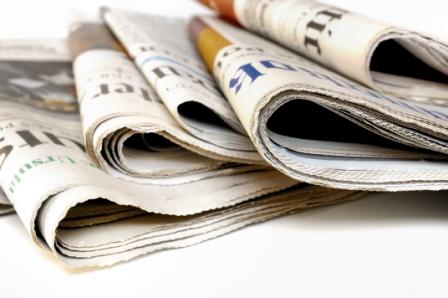 |
|


